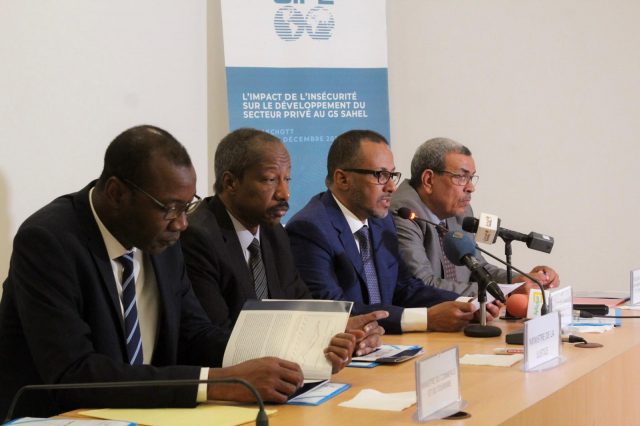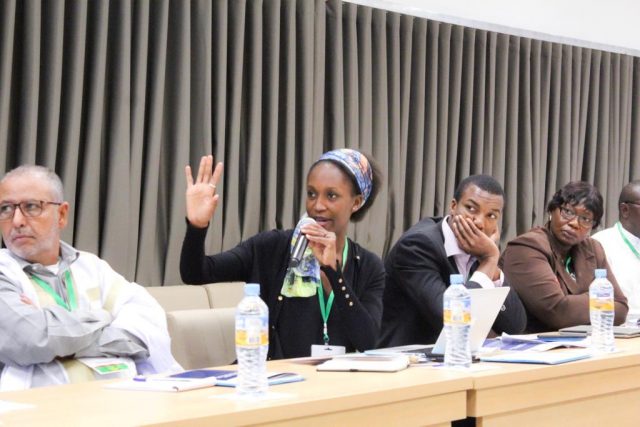
Amid heightened concerns over the growing security crisis in the G5 Sahel, many business leaders there are pledging to work with national and regional governments on ways to address the issue. Private sector representatives from Burkina Faso, Chad, Mali Mauritania, and Niger, along with the G5 Sahel Permanent Secretary, signed the landmark Nouakchott Declaration at a conference on Tuesday. The agreement calls for governments, civil society groups, and donors to support private sector development and recognize the business community as a key partner in addressing local and cross-border challenges.
Countries in the G5 Sahel geopolitical region have experienced a surge in violence in recent months, according to United Nations reports, with Burkina Faso, Mali and Niger enduring some of the deadliest attacks. Against this backdrop, the collaboration from the business community represents a significant move to leverage the voice of regional, non-governmental actors in the conversation around future development across the subregion.
“[The] private sector understands that waiting for stability only creates more opportunity for instability and complicates the overall situation. Acting now as a responsible partner, business is the right investment to secure our capital and position our members as the economic partners they have always been” said Arouna Nikema, CEO of the Burkina Faso Employer Association.
With leadership from the G5 Sahel Union of Chambers of Commerce, the G5 Sahel Employers Union, and the G5 Sahel Permanent Secretary, businessmen and women from the five countries affirmed their support for an official, regional platform with the G5 Sahel Secretariat that enables regular dialogue to address policy issues affecting the regional economy. Such a platform would further efforts to support political and economic stability, economic growth, and rule of law.
Leaders signed the agreement at the conclusion of a CIPE-supported conference held in Nouakchott, Mauritania to examine the The Impact of Insecurity on Private Sector Development in the G5 Sahel Region. At the two-day event, Burkinabe think tank FREE Afrik presented a regional economic impact study to aid conversations on policy priorities.

In working group sessions, participants explored ideas for policies intended to institutionalize regional business-government dialogue, increase domestic competitiveness, and support women and youth entrepreneurs. Policy recommendations developed during the conference are to be published in the coming months.
During discussions, a representative from the Nigerien Chamber of Commerce reinforced the readiness of the business sector to take action, saying “…if the G5 Sahel Secretariat is serious, then they must know that private sector is a key partner. We don’t want to meet and talk. We want constructive dialogue based on propositions that are mutually beneficial and overall in the interest of our countries and our fragile region.”
CIPE has partnered with Institute Free Afrik and think tanks based in Chad, Mali, Mauritania and Niger to study the relationship between insecurity and private sector development since 2018. A non-profit affiliate of the U.S. Chamber of Commerce and core institute of the National Endowment for Democracy, CIPE currently implements 130 programs in 50 countries around the world. For more information on this initiative, contact CIPE Program Officer Hanna Wetters at hwetters@cipe.org or the CIPE Communications Department at communications@cipe.org.
Published Date: December 13, 2019